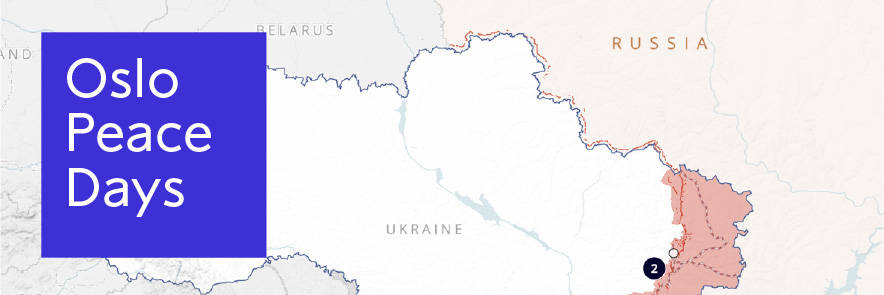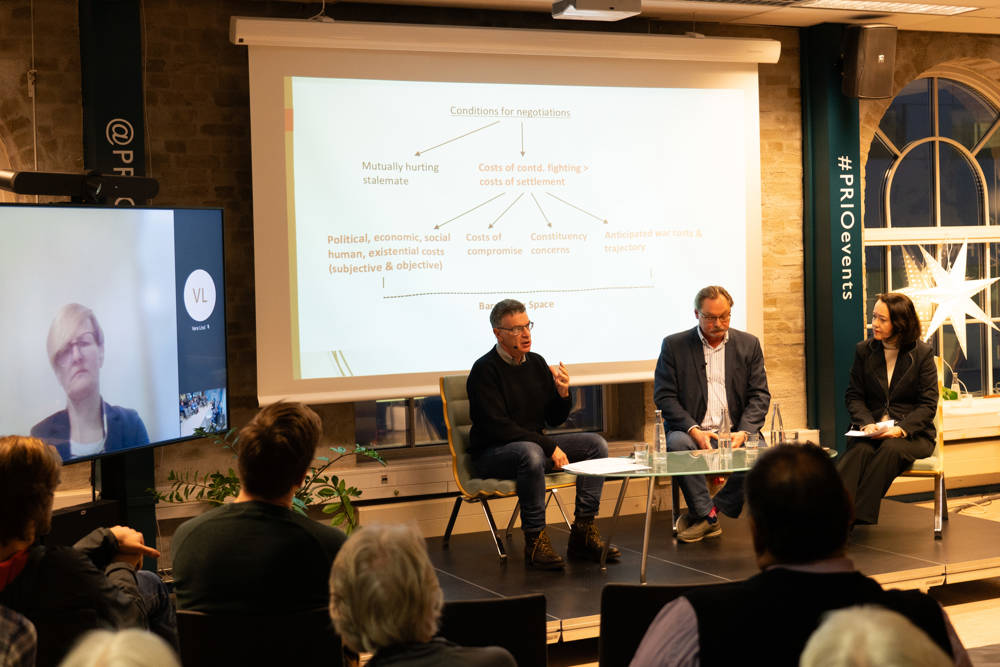
The war in Ukraine is moving to a deadlock, where the human costs are unfathomable, and the prospects for major military advances for both parties are diminishing. Since its full-scale intervention in February 2022, Russia has repeatedly revised its strategic aims, yet shows no sign of seeking a diplomatic settlement. Ukraine has come up with a peace proposal that has gained international traction but has been flatly rejected by Russia. A flurry of international peace proposals have been volunteered. Brazil, China and Indonesia have proposed plans, as well as an African plan and an Arab League initiative. These proposals, in part, mirror the Ukrainian peace formula, but tend to be much less specific about the substantial issues. The Ukrainian formula, meanwhile, insists on regaining control of all Russian-occupied territories (including Crimea), holding perpetrators to account, protecting energy and food supplies and releasing all prisoners. Both Russia and Ukraine appear set for continuing with war even if the prospects for a full military victory seem increasingly unlikely. In this seminar, we will examine what would be required for a credible peace process to gain traction.
- What would it take for both parties to want to engage?
- What would a suitable process design look like, and who would be well placed to mediate?
- How can international actors help secure the integrity of a peace process?
These questions are not only increasingly pressing, they are also extremely challenging. This event provides an opportunity to address them with reference to the peace initiatives that are already in circulation.
 From left: Laurie Nathan, Pavel Baev, and Pinar Tank. Tetiana Kyselova participated in the panel online. Photo: PRIO / Jared Nickodem
From left: Laurie Nathan, Pavel Baev, and Pinar Tank. Tetiana Kyselova participated in the panel online. Photo: PRIO / Jared Nickodem
Speakers
- Tetiana Kyselova, Professor and Senior Fellow at Swisspeace
- Pavel Baev, Research Professor, PRIO
- Laurie Nathan, Professor of the Practice of Mediation, Kroc Institute
- Kristian Berg Harpviken, Research Professor, PRIO
The conversation will be moderated by Pinar Tank, Senior Researcher at PRIO.
This event is a part of Oslo Peace Days 2023. View the full programme of Oslo Peace Days here.
This seminar is hosted by PRIO’s new research project on Russian Approaches to Peace Processes (RAPP), funded by the Research Council of Norway. The project is led by Kristian Berg Harpviken, and includes Pavel Baev, Pinar Tank and Laurie Nathan.





